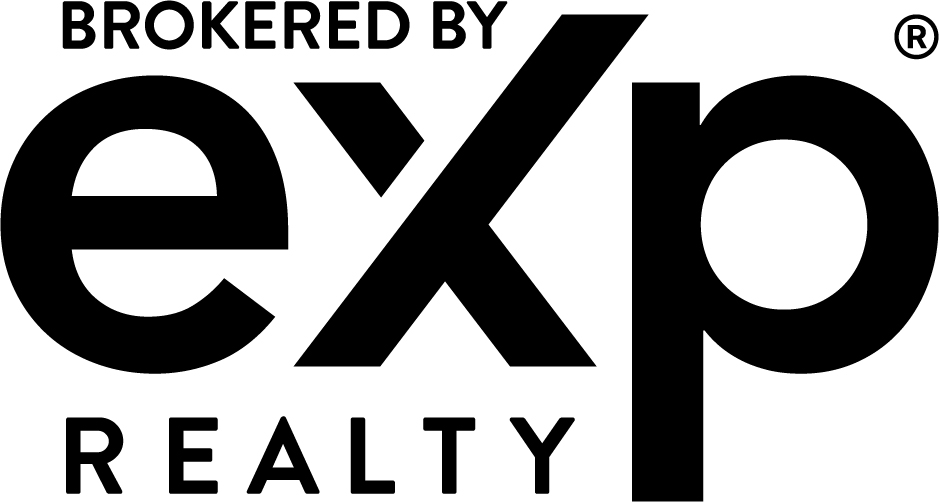Buying investment property can be a rewarding when you know what to look for.
The key is identifying an investment property that pencils out to generate good returns on your investment, whether through rental income or appreciation. However, I like to use the word cash flow as the definition for investment property.
Why? When you put in your equity, you want it generating a yield, or dividend, or cash flowing back to you. This comes with raising rents, and managing expenses. These are things you control.
Appreciation isn’t something you can control and often depends on market forces.
With that, here’s a guide to help you spot a promising investment property.
Understand the Market
Before diving into real estate investment, it’s crucial to understand the market you’re entering. Research local market trends, including property values, rental rates, and vacancy rates. Pay attention to economic factors such as job growth, population growth, and infrastructure development. A strong local economy often indicates a healthy real estate market.

Location, Location, Location
Location is a fundamental factor in real estate investment. Look for properties in desirable neighborhoods with good schools, low crime rates, and easy access to amenities such as shopping, dining, and public transportation. Proximity to parks, recreational facilities, and cultural attractions can also add value. A prime location can attract high-quality tenants and ensure steady appreciation.
Condition of the Property
Inspect the condition of any property you’re considering. Look beyond the cosmetic appearance and check for structural issues, plumbing and electrical systems, roofing, and foundation integrity. While some repairs can be manageable, extensive renovations can quickly eat into your profit margins. Hiring a professional inspector can help you identify potential problems before making a purchase.
Potential for Rental Income
If you’re planning to rent out the property, consider its rental potential. Research average rental rates in the area to gauge what you can charge tenants. Look for properties that can provide a positive cash flow, meaning the rental income exceeds your monthly expenses, including mortgage payments, property taxes, insurance, and maintenance costs.
If you’re just starting out in the investment property world, I created a spreadsheet back in 1997 that I still use today to sniff out properties that qualify as good investments. If that is something you’d like, I encourage you to click here and I’ll get it to you. However, it’ll take a phone call for me to show you how to use it. I’ve used this spreadsheet to analyze thousands of apartment building in my career. It’s a foolproof way to ensure you’re buying right so your future is risk-free.

Property Appreciation
Evaluate the property’s potential for appreciation. Properties in growing areas with expanding infrastructure, new businesses, and increasing demand are likely to appreciate over time. Historical data on property values in the area can provide insights into future trends. Buying an investment property that is likely to increase in value can lead to significant returns when you decide to sell.
I use this mindset: buy in the path of development. Buy where money is flow in, not flowing away.
Analyze the Neighborhood
The neighborhood can significantly impact the success of your investment. Look for areas that show signs of growth and revitalization, such as new businesses opening, infrastructure improvements, and rising property values. Pay attention to the demographic trends, as an influx of young professionals or families can indicate a thriving neighborhood.
And here’s a tip when buying apartment investment property – cruise the neighborhood on a Friday or Saturday night around 11pm. You’ll learn a lot of a neighborhood by doing this.
Financial Considerations
Assess the financial aspects of the investment carefully. Calculate the potential return on investment (ROI) by comparing the property’s purchase price with expected rental income and appreciation. Consider the cost of financing, property management fees, maintenance costs, and potential vacancies. A thorough financial analysis can help you determine if the investment makes sense.
Investment property analysis considers profit, loss, and not comparing average price per square foot. You must become proficient with investment property nomenclature and never stray away from this approach.
Look for Value-Add Opportunities

Value-add properties offer opportunities to increase their value through renovations or improvements. Look for properties that are underpriced due to cosmetic issues or minor repairs. By upgrading the property, you can increase its rental income and market value, enhancing your returns on investment.
Check Zoning and Regulations
Ensure the property complies with local zoning laws and regulations. Some areas have restrictions on rental properties or specific requirements for renovations. Understanding the local laws can help you avoid potential legal issues and ensure your investment property is compliant.
Get Professional Advice
Consulting with real estate professionals can provide valuable insights and guidance. An agent with rental income, investment property experience is a must. Don’t choose someone who has yet to buy, own and sell investment property before. That is a disastrous formula. Knowing about Cap Rates, Gross Rent Multipliers and other financial models is paramount.
Spotting a good investment property requires a combination of research, analysis, and intuition. By understanding the market, evaluating the property’s condition and location, and analyzing financial factors, you can make informed decisions that lead to profitable investments. With careful planning and the right approach, real estate can be a lucrative addition to your investment portfolio.
But make sure you align with those experienced in investment property who can analyze cash flow, multiples, expenses and can crunch number. Not all agents can do this. Sift throw until you find someone who is there to protect your decision making.






